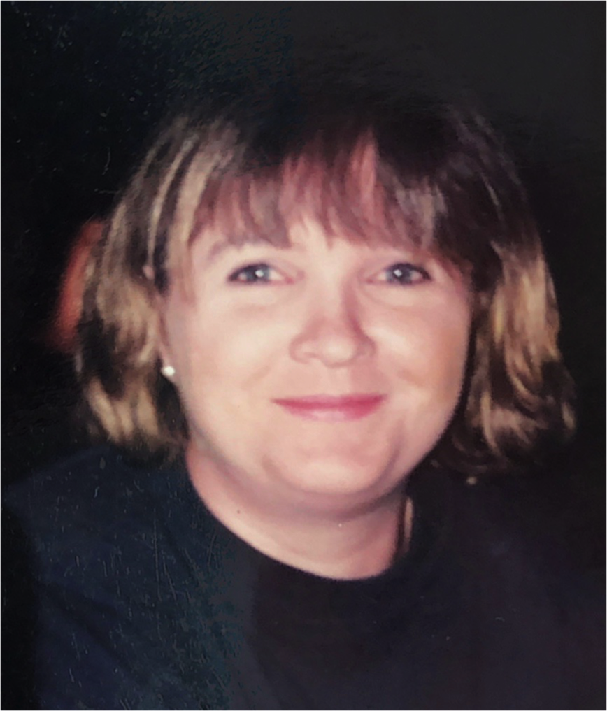I understand that encephalopathy is basically an altered mental state, presenting as behavioural changes, confusion and other variations of cognitive impairment. There is no doubt that, once I ‘woke up’ I was totally confused, full of fear and panic, unable to easily recollect what was said to me (especially in the initial stages) and, by far the worst of all, completely paranoid.
On top of that, I now realise that I was also experiencing auditory and visual hallucinations – absolutely terrifying. I somehow had the belief that I was in trouble with medical staff and was therefore going to be ‘kicked out’ of ICU – how I ever came up with this thought, I have no idea; but unfortunately that feeling of having done something ‘wrong’ remained steadfastly in the foreground of my messed up mind at the time.

My first months out of hospital (January – March) were a living hell. I remained totally paranoid, suspicious and ‘scared to death’ almost all the time. I honestly felt like I was losing my mind: Was this complete personality change going to be permanent? Was I delirious or now totally insane? Over the following months (late March – June/ July), things slowly, very slowly, began to improve. At least I now understood that my hallucinations were just that – terrible things that just could not have been real. Although I feel that I am pretty much back to ‘normal’ now, I do still have the occasional ‘flashback’, however these are now few and far between. I also now understand that these issues are considered a potential consequence of my being so ill.
Surprisingly, having never been a good sleeper and prone to infinitely long periods of insomnia for all of my adult life, I now sleep like there is no tomorrow. Initially, I put this down to my ongoing recovery. In August and September, I started to have concerns: It was almost as if I was sleeping for the number of hours I would normally be awake, while being up and active for the number of hours I would normally be sleeping – a reversal of habits if you like.
Adding numbers to the equation perhaps better shows the significance of this: Effectively, I was sleeping for 16-20 hours per day; being awake for only 4-8 hours in a 24 hours period In mid-September I began making a concerted effort to have some routine in my day. I was surprised to find that it wasn’t as difficult as I’d thought it would be.
My endocrinologist ordered a complex metabolic screen, as well as testing my thyroid and other nutritional indices: He wanted to check that there was no physical reason for my excessive sleep. In a letter to my GP, he made mention that he wondered if it sounded more like post-traumatic stress – in which case I could then seek psychological support. I understand that recovery does involve sleep, but it is time for me to start ‘living’ again, considering that the fear has gone and the time is right. I do think that a major factor contributing to my excessive sleep was due to the state of shock that I was in – especially in the first 3-4 months post ICU. Now that my sleep pattern has more or less normalised, the other thing I need to start doing now is exercising.
Finally, since reading the report, I now realise just how sick I was – I was surprised that my condition took a turn for the worse after I had been admitted. I have no recall of becoming unwell, the ambulance trip, or any of my time in the ED or the HDU. As much as I’ve lost about two weeks’ worth of time, this no longer bothers me – I don’t really think I’d even want to remember any of that time anyway. I’m still here – alive and kicking – and I’m very thankful for that! I’ve always been terrified of hospitals, however I don’t like to think how differently things would have turned out had I not gotten to SCGH when I did, and under your care and the amazing staff of the ICU.
Kirsten
My Life After ICU thank the Collins family for giving us permission to share Kirsten's story. Read the dedication to Kirsten Collins.